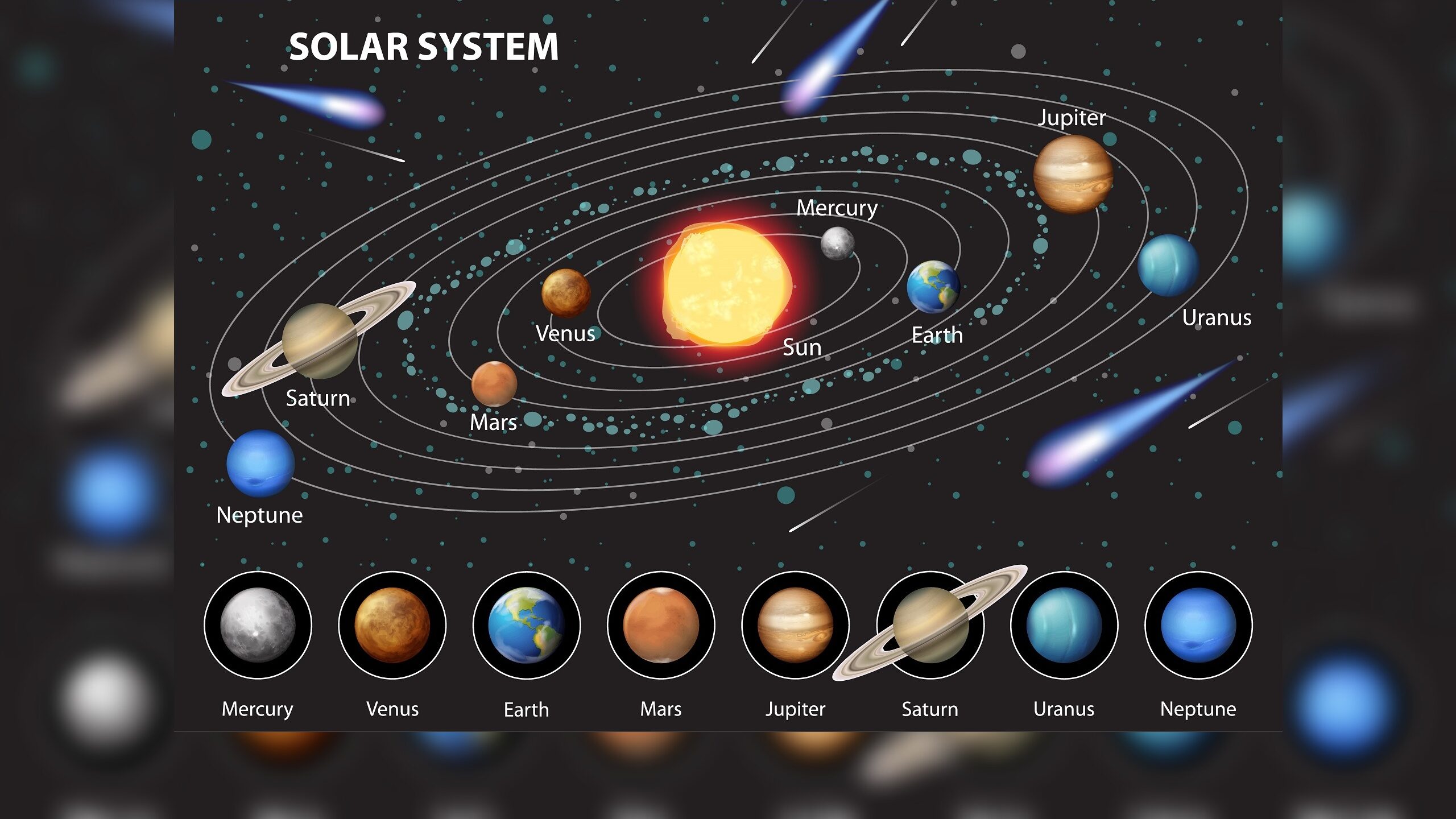Prof. Yahalom Solves Discrepancy in Mercury’s Orbit, Explains Dark Matter During Israeli Space Week
In the framework of Israeli Space Week, Prof. Asher Yahalom, from the Department of Electrical Engineering at Ariel University, presented a scientific study and will give a lecture for the whole family.
Prof. Yahalom has found a solution to the discrepancy between the observations and calculations of Mercury’s orbit. The planet Mercury is the closest to the sun and its orbit rotates differently compared to other planets, which move in a fixed orbit around the sun in the form of an ellipse. A French astronomer named Urbain Le Verrier explained the rotation phenomenon in the 19th century as a result of the influence of other planets on Mercury’s orbit, but 43 arc seconds were missing from the calculation. Albert Einstein later explained the difference using his theory of general relativity, but over time it became clear that there was still a difference of 0.6 arc seconds that couldn’t be explained by Einstein’s calculation.
Give the gift of hope
We practice what we preach:
accurate, fearless journalism. But we can't do it alone.
- On the ground in Gaza, Syria, Israel, Egypt, Pakistan, and more
- Our program trained more than 100 journalists
- Calling out fake news and reporting real facts
- On the ground in Gaza, Syria, Israel, Egypt, Pakistan, and more
- Our program trained more than 100 journalists
- Calling out fake news and reporting real facts
Join us.
Support The Media Line. Save democracy.
In a recent calculation by Prof. Yahalom, he took into account the movement of the center of mass of the solar system relative to the sun, which can at certain times reach twice the radius of the sun. This discrepancy, when taken into account, can explain the precise observations regarding Mercury’s orbit. The result was presented at an international conference and published in various scientific journals.
Prof. Yahalom will be giving a lecture on dark matter for children, youth, and families as part of the Israeli Space Week at Ariel University. The lecture will cover philosophical, historical, and physical aspects of dark matter. He will explain that the size of galaxies is enormous and any change in the center will affect the margins, only tens of thousands of years later. These lag effects have been ignored in the calculation of the rotational velocities at the margins and result in significant differences between the velocities predicted by the Newtonian theory and the observed velocities. The lecture will also cover the philosophical implications of adhering to Occam’s Razor in theoretical physics and the appearance of dark matter in the history of science.
For more information, contact Ariel University deputy spokesperson Merav Kalik-Lerner: meravkl@ariel.ac.il or tel. +972 54-4654699.



